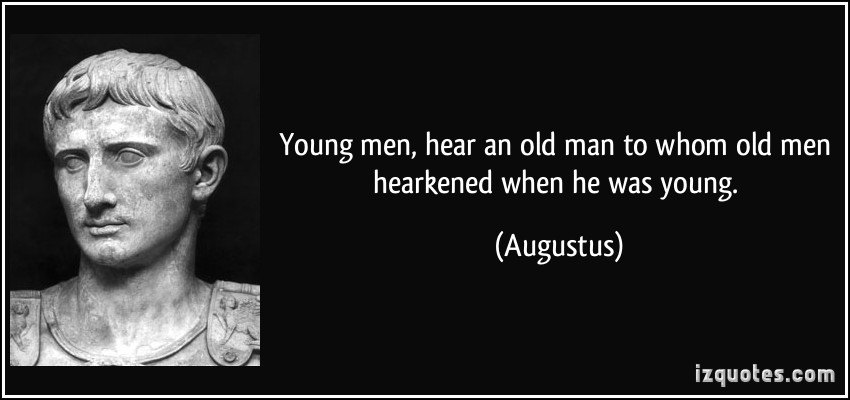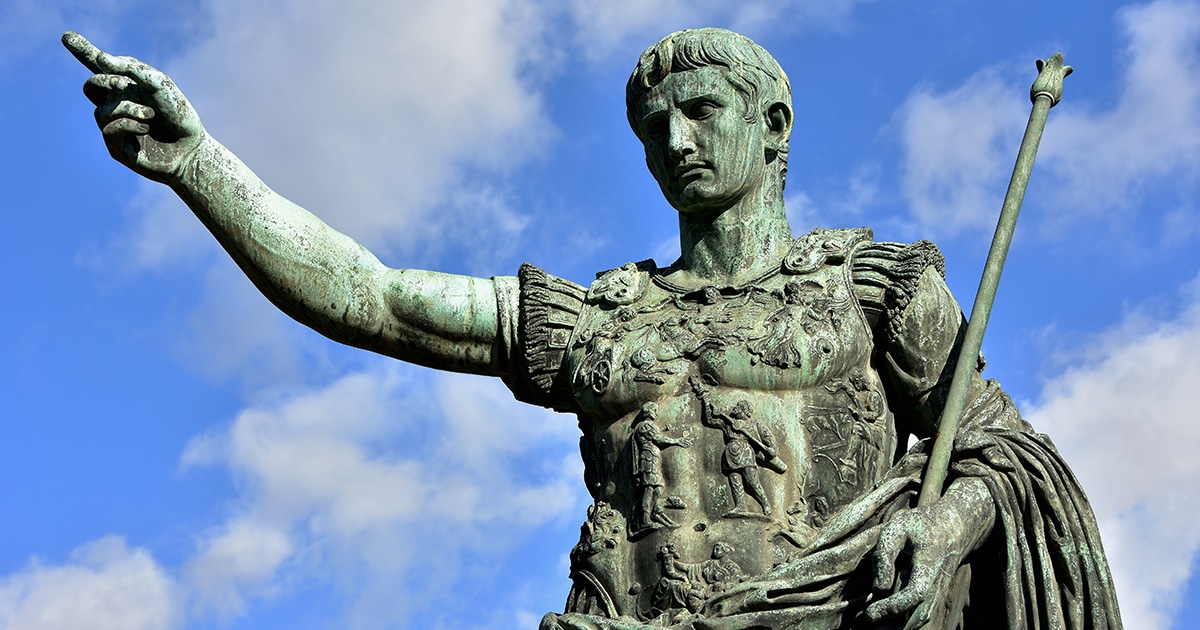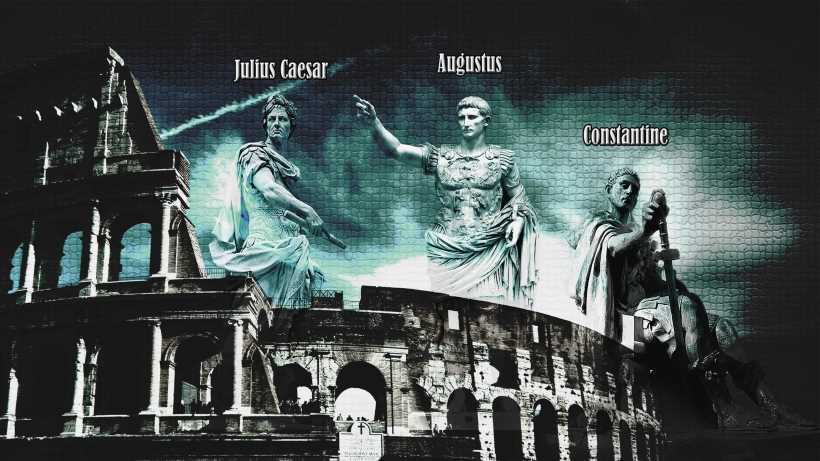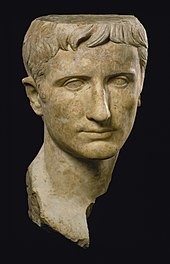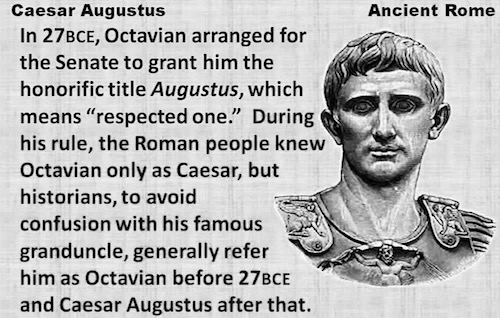Caesar Augustus, also known as Augustus, was the first Roman Emperor and one of the most famous figures in ancient history. He is best known for his role in transforming the Roman Republic into the Roman Empire, a process known as the Roman Revolution.
Augustus was born Gaius Octavius in 63 BCE. He was the grandnephew of Julius Caesar, the famous Roman general and statesman, and inherited his name and position as leader of the Roman Republic following Caesar's assassination in 44 BCE. Augustus was just 19 years old at the time, and faced significant challenges in consolidating his power and stabilizing the Roman state.
Augustus was a skilled politician and military strategist, and was able to outmaneuver his rivals to become the undisputed leader of Rome. He reformed the Roman political system, establishing a monarchy that was more efficient and less prone to the power struggles and violence that had characterized the Roman Republic. He also implemented a series of social and economic reforms that improved the lives of ordinary Romans, including the construction of roads, aqueducts, and public buildings.
In addition to his domestic policies, Augustus was also an accomplished military leader. He led successful campaigns against a number of Rome's enemies, including the Gauls and the Parthians, and expanded the Roman Empire to include much of modern-day Europe, western Asia, and northern Africa. He was also instrumental in the establishment of the Pax Romana, a period of relative peace and prosperity that lasted for over 200 years.
Augustus is also remembered for his cultural achievements. He was a patron of the arts and supported the construction of many important works of architecture, including the Roman Forum and the Pantheon. He also commissioned a number of notable works of literature, including Virgil's "Aeneid," a national epic that celebrated Rome's origins and accomplishments.
In summary, Caesar Augustus was famous for his role in transforming the Roman Republic into the Roman Empire, his military conquests and the expansion of the Roman Empire, and his cultural achievements as a patron of the arts. He remains a significant figure in the history of ancient Rome and has had a lasting impact on western civilization.

